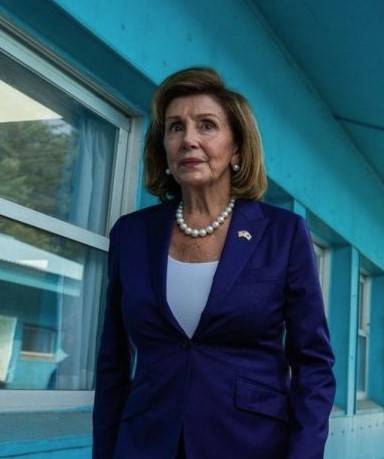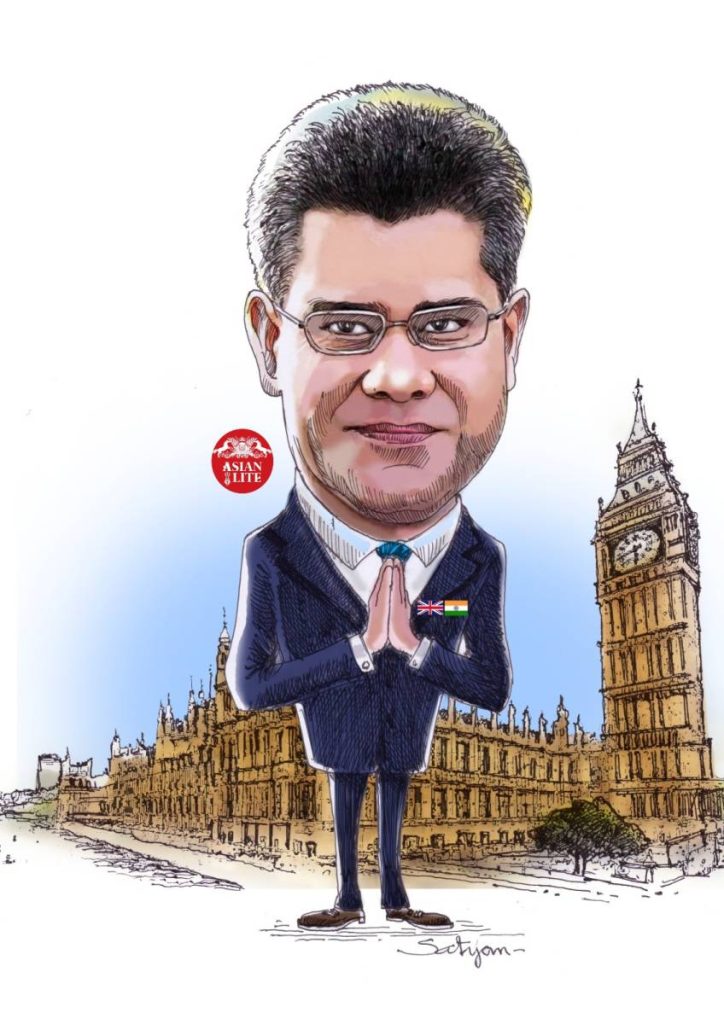The gathering of nearly 200 nations will be dominated by the growing need of virtually blameless poor nations for money to cope not just with future impacts, but those already claiming lives and devastating economies…reports Asian Lite News
Leaders buffeted by the geopolitical crosswinds or war and economic turmoil meet in Egypt on Monday at a climate summit tasked with taming the terrifying juggernaut of global warming.
Expectations are running high in a world justifiably anxious about its climate-addled future as deadly floods, heat waves and storms across the planet track with worst-case climate scenarios.
The Nov 6-18 gathering of nearly 200 nations in Sharm el-Sheikh will be dominated by the growing need of virtually blameless poor nations for money to cope not just with future impacts, but those already claiming lives and devastating economies.
Without a “historic pact” bridging the North-South divide, “we will be doomed, because we need to reduce emissions, both in the developed countries and emerging economies,” UN chief Antonio Guterres said on Thursday.
Last week the UN warned that “there is no credible pathway in place” for capping the rise in global temperatures under the Paris Agreement target of 1.5 degrees Celsius.
While worst-case projections are less dire than a decade ago, current policies would still see Earth’s surface warm a catastrophic 2.8C, and no less than 2.4C even if countries meet all their carbon-cutting pledges under the Paris treaty.
“There have been fraught moments before,” said E3G think tank senior analyst Alden Meyer, recalling other wars, the near collapse of the UN-led process in 2009, and Donald Trump yanking the United States out of the Paris Agreement in 2016.
“But this is a perfect storm,” dubbed by some a “polycrisis”, said the 30-year veteran of the climate arena. Casting an even longer shadow on negotiations in Egypt than Russia’s invasion of Ukraine, many experts say, is the further erosion of Sino-US relations, which in the past have anchored breakthroughs in climate diplomacy, including the Paris Agreement.
Watershed moment
But a Taiwan visit in August by US congressional leader Nancy Pelosi prompted Beijing to shut down bilateral climate channels. Sweeping restrictions imposed last month by the Biden administration on the sale of high-level chip technology to China deepened the rift.
“We are at a watershed moment,” said Li Shuo, a Beijing-based policy analyst with Greenpeace International. “If the politics are so bad that the world’s two biggest emitters won’t talk to each other, we’re not going to get to 1.5C.” A bilateral meeting between US President Joe Biden and Chinese leader Xi Jinping during the G20 summit in Bali days before the talks in Egypt close, should it happen, could move the dial, Li observed.
“That dynamic would play back to Sharm el-Sheikh.” Biden will arrive in Egypt touting the landmark Inflation Reduction Act (IRA), which earmarks nearly $400 billion — and potentially twice that amount — to speed the greening of the US economy.

But legislative elections on November 8 could dampen US bragging rights if Republicans hostile to international climate action take either or both houses of Congress.
A bright spot at COP27 will be the arrival of incoming Brazilian president Luiz Inacio Lula da Silva, who has vowed to aim for zero deforestation in the Amazon, reversing the extractive policies of Jair Bolsonaro, who will step down on January 1.
Opportunity for Action
COP27 is an opportunity for climate action and for the world leaders to together regain momentum on climate change and move from negotiation to action. According to COP27 President Special Representative, Wael Aboulmagd, it is important of deliver on climate finance pledges for assuring adequate support to developing countries to enable them to combat climate change. Further, UN Secretary-General António Guterres has said that COP27 must deliver a “down-payment” on climate solutions that match the scale of the problem.
The focus of this year’s meeting includes ‘Climate Change Mitigation’, ‘Climate Change Adaptation’, and ‘Climate Financing’. India will be supporting the Egyptian Presidency, for a plan of action that answers the needs of developing countries. Adaptation and loss and damage are two issues at the centre of attention, and a progress on these two issues will complement each other.
ALSO READ-33 years of climate actions by UAE to protect planet Earth



